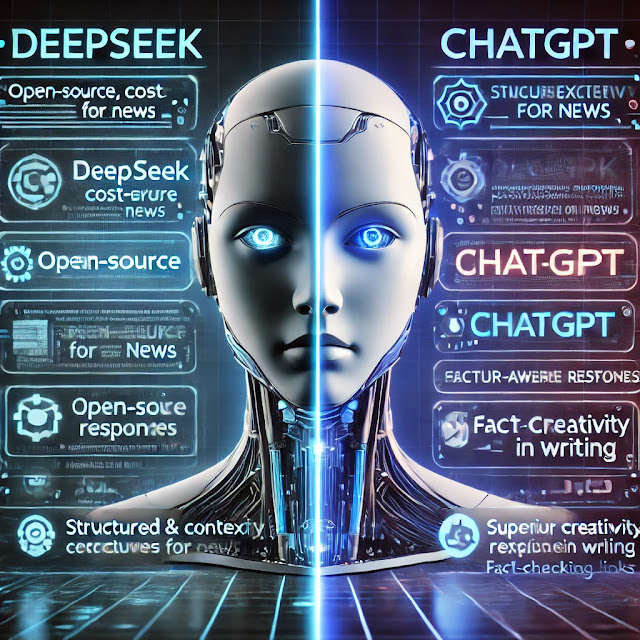Bill Gates: AI Can Help Solve Global Mental Health Crisis & Therapist Shortage
Microsoft co-founder and philanthropist Bill Gates emphasized the transformative potential of artificial intelligence (AI) in mental health care during a recent discussion in India, calling it one of the most promising frontiers for addressing global therapist shortages and expanding access to support.
 |
Gates, who has shifted his focus to global health and technology innovation through the Bill & Melinda Gates Foundation, highlighted AI’s capacity to serve as a scalable companion for individuals with mild to moderate mental health symptoms. “We can never have enough therapists,” Gates said, noting that AI tools could help bridge gaps in care, particularly in underserved regions. He pointed to ongoing explorations of AI-driven solutions, including digital companions that provide real-time, personalized support.
“What does this AI companion look like, and how can that help us?” Gates asked, referencing conversations with experts at organizations like OpenAI and insights from friend Reid Hoffman’s book Impromptu, which examines AI’s societal impacts. “Even people who aren’t suffering massively could benefit,” he added, underscoring AI’s role in democratizing mental health resources.
The tech pioneer likened today’s AI advancements to the early days of personal computing, calling AI the “modern equivalent” of the software revolution he spearheaded in his youth. He acknowledged the rapid rise of generative AI models but stressed that their ethical application—particularly in sensitive areas like mental health—requires careful stewardship. “Shaping AI properly is at the top of my list,” Gates said, listing it among global priorities such as pandemic preparedness and climate change.
Gates also discussed broader technological optimism, noting India’s emergence as a hub for frugal AI innovations in health and agriculture. He praised Indian startups developing AI tools for diagnostics and farmer advisories, aligning with his foundation’s goals to scale low-cost solutions globally. “The innovation ecosystem here has exploded,” he said, citing partnerships with Indian scientists on malnutrition and vaccine research.
When asked about advice for young innovators, Gates urged a focus on interdisciplinary learning. “Use AI for the areas you’re excited about,” he said, emphasizing its potential to amplify creativity and problem-solving across sectors. He also reiterated his lifelong passion for self-education, calling it critical to navigating AI’s evolution: “Being a student all the time—that’s been a big part of my success.”
Despite challenges, Gates expressed confidence in AI’s capacity to drive equity in mental health care. “This is a great time to be a learner,” he said, pointing to accessible digital resources that eclipse the “encyclopedia era” of his youth.
The Bill & Melinda Gates Foundation, which convened its board in India during his visit, continues to prioritize AI-driven health initiatives alongside traditional philanthropy. Gates aims to leverage India’s tech talent to develop tools that could later benefit lower-income countries, particularly in Africa.
As AI reshapes industries, Gates remains a vocal advocate for its humanitarian applications—a vision rooted in his belief that technology, when guided by empathy, can turn “unbelievable success” into global progress.



Comments
Post a Comment
Hi